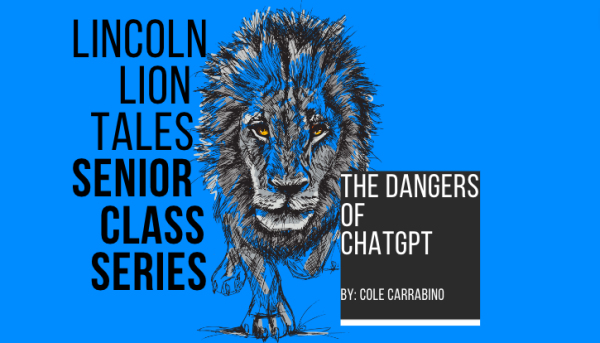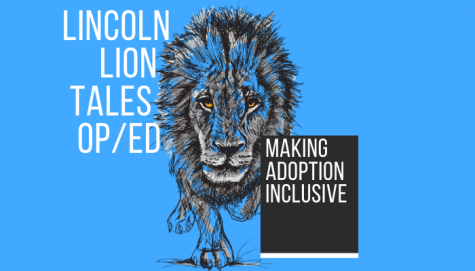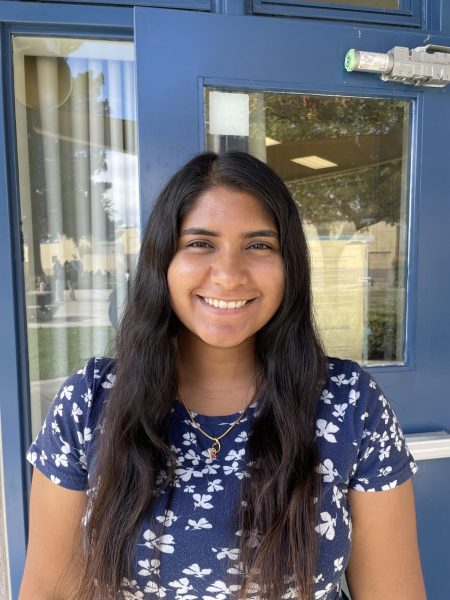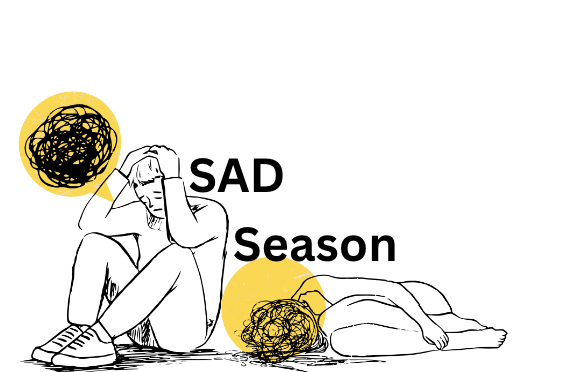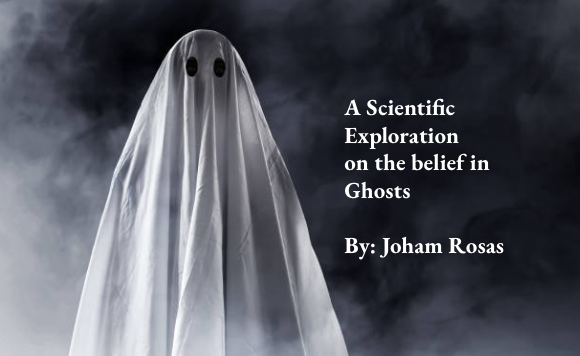Capstone: What’s That?
A student perspective on a new Advanced Placement (AP) course offering at Lincoln.
When students enter college they tend to be unaware of the rigorous content and critical skills they are about to endure. Bard Keeler, the founder of the AP Capstone program, explains that the course “was created to provide students with an opportunity to master the skills necessary for success in higher education.”
In the fall of 2014, the AP Capstone was launched in a number of high schools selected by the College Board. The course went through a 2-year trial at seventeen schools around the world; fifteen in United States, one in Canada, and one in Hong Kong. Almost 75% passed the AP Capstone exam with a three or higher, therefore the program was cleared as a new course!
AP Capstone is a 2-year diploma program which the College Board “designed to complement and enhance the in-depth, discipline-specific study provided through AP courses.” The two classes are AP Seminar and AP research, when students complete both courses they earn a Capstone diploma. This course was created to enhance and help students adept necessary skills for possible high education.
Five of the six schools in the San Jose School District have AP Capstone as an offered course selection. Currently I am in the second part of the program (AP Research) and I have become extremely passionate about what we are doing in the course. I asked a few of the AP Capstone teachers in the district in addition to the teachers at Lincoln High School about their experience and how effective and innovative the course has been. The teachers from Gunderson and Lincoln shared their responses to all of the following questions.
The first question I asked was “how did you get into teaching this course?” Overall, the teachers went through a similar process of being contacted through the assistant principal. The teachers, Steve Davis and Michael Karosen, from Gunderson explained that by “taking a webinar” or a web-based seminar, they stepped forward voluntarily to teach the new course. Lincoln’s teachers, Ewen Chen and Ryan Alpers, were approached by administrative authority and asked if they would take on the class. I think this aspect really adds to the way the class is taught because the faculty has volunteered their time into teaching this new and innovative course.
My second question was “What do you think the purpose of this course is? Or what is the gain that students get from taking this course?” Each teacher shared their honest and evaluated opinion on how the class is so different than any other class offered in high school. For example Mr. Chen believes that “the focus is on developing a variety of skills that help students do their own research to come up with, and defend, their own answers and solutions”. While the two teachers at Gunderson support how the program teaches/enhances students analytic skills in preparation for AP courses and higher education such as college/university. Basically, all the teachers agreed that this course shows the importance of addressing all aspects when researching and it shapes stronger, independent, and more equip student learners.
My final question was “What are some of the issues you have had when teaching this course?” The teachers have had specific issues related to their experiences teaching the class for the first time at their school. Mr. Chen at Lincoln has completely taught the first class (seminar) and said that “there is an adjustment period for many students as they discover how open-ended research can be”. With the adjustment after the first year, Mr. Chen is continuing on to the second course and is noticing the apparent pattern that “the process is more important that the ‘solution’” considering that AP Research has a specific rubric but loose instruction. While both Mr. Karosen and Mr. Davis at Gunderson are beginning the Seminar class they spoke on how they haven’t had a lot of big problems yet and they’re still excited about the year. Mr. Karosen discussed a problem with some of the technology they have access to, compared to the technology that is needed to complete this course. Mr. Karosen explained that the schools’ “old computers are slow, but they work. We have an issue with our browsers not working with certain application[s]”. Since this course is still in it’s beginning stages in our school district it is expected for there to individual problems at each school that offers this new program.
I also spoke to a student, Liberty Ortiz, in my AP Research class about her experience in the class and what her favorite part about it is. She talked about how she enjoys the small class environment because it’s more personal and it’s easier to get individual help. Liberty especially enjoys “being able to research a topic [she’s] interested in instead of being assigned something” she is not. She agreed that the class teaches students how to create proper research papers and effectively analyze academic works (journals, articles, etc.).
In the time that I have had in this program I have learned a lot of useful skills and I have become more informed about what is going on in the world. This class has inspired my interests and exposed me to a lot of topics I had no idea I would be attracted to. As a senior who is in the process of applying to colleges, taking this class helped narrow my interest for a possible future major. I think that the Capstone program is a great way for any student to grow academically and for students to branch out of normal the curriculum for high school academic classes.

Jordan is a senior at Lincoln High School, who holds the position of senior class vice-president this year. She was born in San Jose, California and has...



